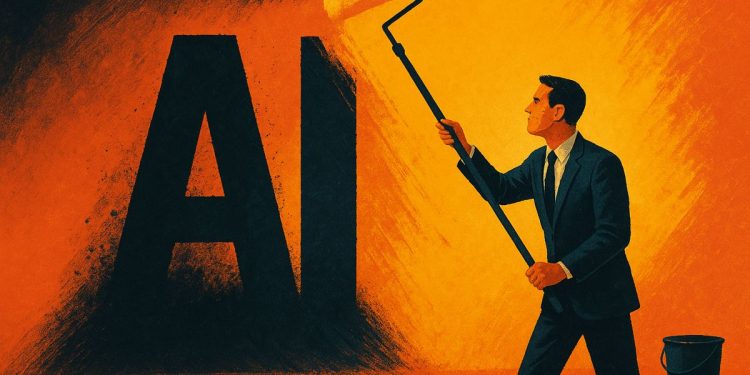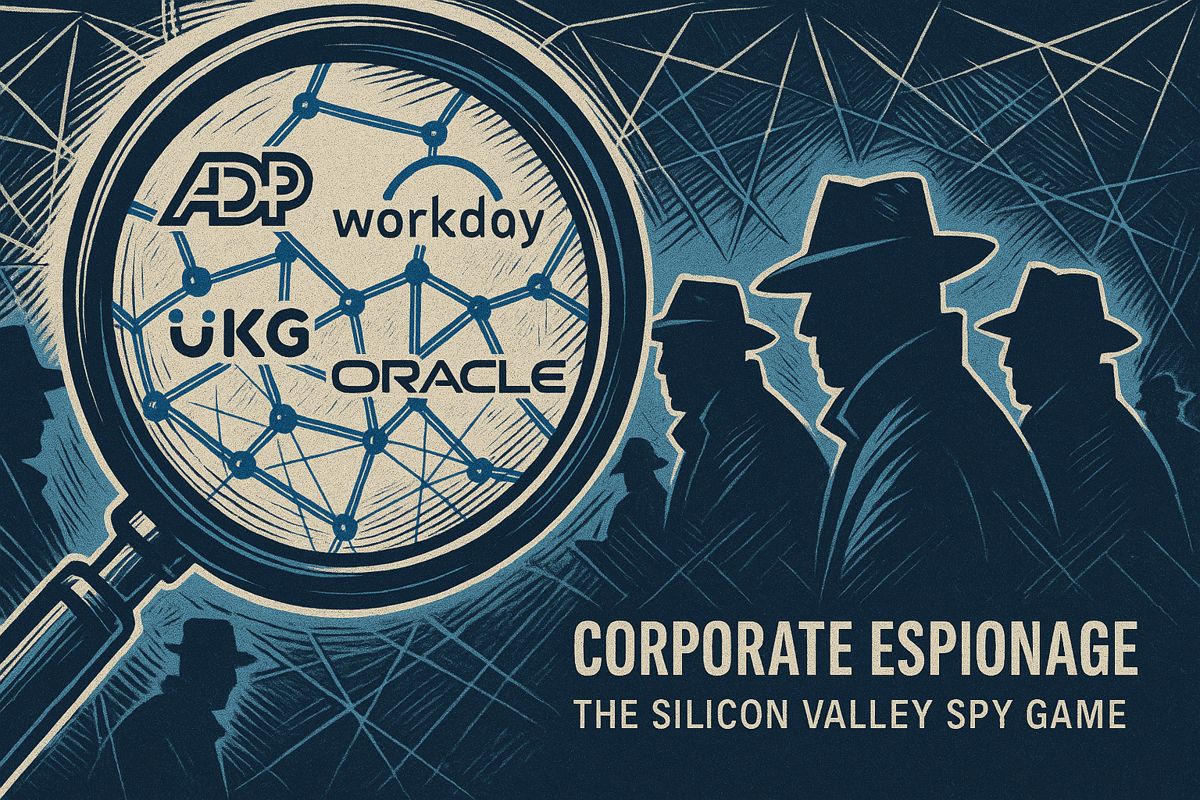ElevenLabs’ new AI Music Generator, called Eleven Music, lets anyone create and sell studio-quality songs quickly and easily. Unlike other AI music tools, every track made with Eleven Music is already cleared for commercial use, so brands and creators don’t have to worry about copyright trouble. The company made deals with big music rights holders and set up revenue sharing to keep things legal and fair. This tool saves time and money, helping people and companies make custom music for ads, games, and more. With this, using AI-made music is faster, safer, and easier than ever before.
What is ElevenLabs’ AI Music Generator and how does it solve copyright issues for commercial use?
ElevenLabs’ new AI Music Generator, Eleven Music, allows users to create and sell studio-quality tracks instantly, with every song pre-cleared for commercial use. By licensing training data from major music rights holders and integrating revenue-sharing, it addresses copyright risks, offering brands and creators legal protection.
What ElevenLabs’ New AI Music Generator Means for Brands, Creators and the Law
ElevenLabs dropped a game-changer in August 2025: an AI music generator called Eleven Music that lets anyone create studio-grade tracks in minutes and then sell or license them without royalty headaches. Unlike earlier tools, the company claims every note is pre-cleared for commercial use, a bold promise in a space littered with lawsuits.
The tech at a glance
| Feature | What it delivers |
|---|---|
| *Input * | Natural-language prompt (e.g., “up-tempo Latin pop with female vocals”) |
| *Output * | Full song (instrumentals or vocals) in pop, hip-hop, orchestral, indie rock and more |
| *Languages * | English, Spanish, German, Japanese and others |
| *Editing * | Post-generation tweaks to lyrics, structure or sections |
| *Time-to-track * | Minutes instead of days |
Why the legal angle matters
Until now, most AI-generated music sat in a grey zone. Competitors Suno* * and Udio* * face lawsuits from the RIAA alleging mass copyright infringement, leaving brands wary of using their outputs (TechCrunch, 5 Aug 2025). ElevenLabs took a different route:
- Licensed training data from Kobalt Music Group and Merlin Network
- Built-in filters to block artist references, copyrighted lyrics or hateful content
- Revenue-sharing deals so original rightsholders get paid when new AI tracks earn money (Music Ally, 6 Aug 2025)
The result: enterprises and creators gain “legal cover for broad commercial use,” according to ElevenLabs CEO Mati Staniszewski.
Market ripple effects
- Time & cost savings: Production budgets drop from thousands of dollars and multi-day sessions to near-zero marginal cost.
- Sonic branding boom: Start-ups and global brands alike can iterate dozens of ad jingles instantly.
- Platform revenue shift: The global AI-in-music market is projected to jump from $3.9 B in 2023 to $38.7 B by 2033 (DigitalOcean data).
Who wins, who worries
| Stakeholder | Upside | Downside |
|---|---|---|
| YouTubers & indie game devs | Royalty-free soundtracks on day one | Still need brand differentiation |
| Marketing agencies | Rapid A/B testing of audio ads | Less need for session musicians |
| Traditional composers | New licensing revenue via Kobalt deals | Risk of commoditized stock-style work |
Bottom line for 2025 budgets
If your brand or product pipeline needs custom audio, Eleven Music offers a ready-to-use, legally insulated option that competitors cannot yet match. Expect clause updates in agency contracts and media-buying RFPs this quarter as enterprises race to lock in both creative speed and legal safety.
What makes ElevenLabs’ AI music generator different from other tools like Suno or Udio?
The clear and legally guaranteed commercial use rights set ElevenLabs apart. While rivals Suno and Udio are both facing RIAA lawsuits over alleged unlicensed training data, ElevenLabs launched its Eleven Music service only after signing licensing deals with Merlin Network, Kobalt Music Group, and SourceAudio. These partnerships ensure every generated track is pre-cleared for monetization, giving creators and brands legal certainty instead of litigation risk.
Can I sell, license, or monetize the music I create with Eleven Music?
Yes. According to the company, all output is cleared for broad commercial use as long as you respect the platform’s usage rules. You may incorporate tracks into ads, podcasts, games, or sell them through your own channels. However, you cannot submit the songs to commercial music libraries or use them in restricted sectors such as tobacco, pharma, adult entertainment or political campaigns.
How does ElevenLabs avoid the copyright problems that plague other AI music generators?
ElevenLabs took the license-first route. Instead of scraping the open web, it trained Eleven Music on datasets provided by rights-holders who voluntarily opted-in and receive revenue sharing. Kobalt’s CEO, Laurent Hubert, calls the approach “a new precedent for responsible AI development” because it protects both creators and rightsholders while still enabling rapid, inexpensive music production.
Which languages and genres are supported?
Eleven Music already supports English, Spanish, German, Japanese and additional languages for both lyrics and vocals. Genres range from pop and hip-hop to indie rock, orchestral scores and EDM. Because the underlying model is multilingual and style-agnostic, users can mix languages or request hybrid genres in the same prompt.
Will AI music generators replace human musicians?
The consensus from industry reports is partial displacement, not full replacement. Formulaic or background-music roles are most vulnerable – the global AI-music market is projected to jump from $3.9 billion in 2023 to $38.7 billion in 2033. Yet human artistry, emotion, and high-level creative direction remain irreplaceable. New roles are appearing too: AI-curators, prompt specialists, and human-AI collaboration producers are already being hired by agencies and game studios.



















